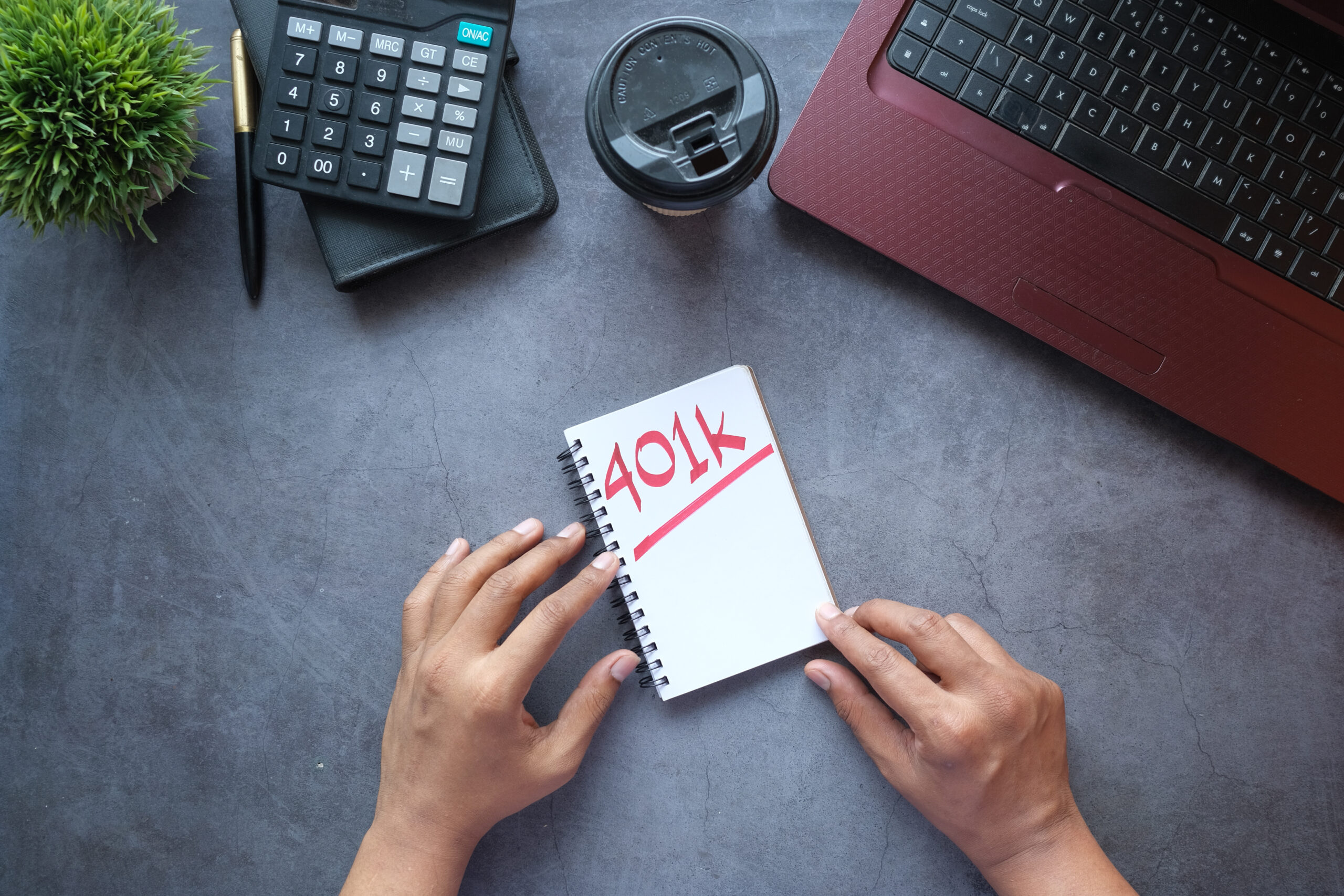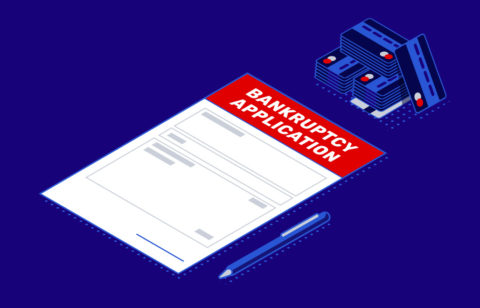Are you so deep into debt that you can’t see your way out? If so, there’s no need to feel ashamed, millions of people have experienced a similar situation.
For that matter, it might not even be your fault.
You may have suffered a cataclysmic illness, injury or automobile accident that cost you thousands of dollars. Or perhaps you lost your job because of the pandemic and have been struggling to get back on your feet.
What matters now is that you’re doing something to pay off the debt and eliminate the stress that can take over your life.
If You’re Considering Bankruptcy…
Bankruptcy can be a good option for people who find themselves 10 feet deep in debt. The most popular type of bankruptcy is Chapter 7, which is called a liquidation bankruptcy for two reasons.
Firstly, it’s meant to sell off all of your assets so that your creditors can be paid. And secondly, it typically liquidates all or most of your unsecured debts.
Secured vs. Unsecured Debt
Secured debts are those where you are required to provide something as collateral in case you default on the loan. This could be your house in the form of a mortgage or your vehicle as an auto loan.
In comparison, unsecured loans are those where you aren’t required to provide any collateral. The most common forms of these loans are credit cards, personal lines of credit, medical bills and personal loans. A bankruptcy will dismiss these types of debts.
However, it won’t discharge secured debts, nor can it wipe out some other types of unsecured debts such as student loan debt, child support, alimony, and past-due taxes.
People Also Read
What Won’t Be Liquidated
While a Chapter 7 bankruptcy is meant to liquidate your assets, this usually happens only in theory. The law protects many of your valuable belongings from being taken.
While bankruptcy laws vary from state to state, people who file for Chapter 7 can typically keep the equity in their home and vehicles, their personal possessions, furniture and any tools needed to perform their job.
If you are seriously considering filing for Chapter 7 bankruptcy, make sure you read up on the laws in your state. That way, you will know exactly which assets you will be permitted to keep and which you risk losing.
Your 401(k) is safe
Your 401(k) is untouchable in a Chapter 7 bankruptcy. Some people consider this unfair as you would be allowed to get rid of the bad debts but keep the good – your retirement savings. But it’s beneficial for you that your 401(k) is treated as a protected asset so that bankruptcy doesn’t derail your retirement.
However, you must keep the money in the 401(k). It’s protected only so long as it stays there. If you were to withdraw money from your retirement account, it would become an unprotected asset that could be seized.
Since the exact bankruptcy exemptions and exclusions are determined by your state, you’ll need to work with a bankruptcy attorney to verify how your 401(k) will be treated. Even though it is typically exempt, there are some circumstances where your retirement funds may still be at risk.
A DIY Bankruptcy
It is possible that you could file bankruptcy yourself – especially if you don’t own your home. Various companies have developed online bankruptcy software to simplify the procedure for individuals who choose to do it themselves.
However, it will likely take you a lot of time to compile and submit the documents required. You will need to get forms notarized, contact your creditors and send all your documentation to the bankruptcy court. You may also have to appear in court to have your case heard.
It’s also important to note that self-filed bankruptcies tend to have a lower success rate compared to cases filed with the help of an attorney.
Hiring an Attorney
Filing for bankruptcy yourself can be a complicated and time-consuming task. This is why many people hire an attorney to handle their bankruptcies.
There is no set price for the cost of hiring one as it would depend on the type of bankruptcy you are filing as well as the attorney’s fees. While the costs may be high, working with an attorney can give you a better chance of success.
In Summary
There are many intricacies to filing bankruptcy. While you are likely to keep your 401(k) if you don’t touch it, the funds could still be at risk if you owe federal income taxes, have unpaid child support or alimony, or to pay for federal criminal fines and penalties.
That’s why it’s important for you to know exactly what Chapter 7 entails before you decide to proceed with this form of debt relief.









